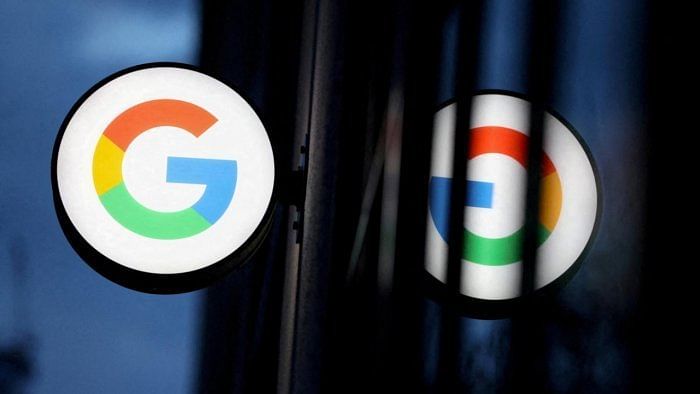
Having received no respite from appeals to National Company Law Appellate Tribunal (NCLAT) and Supreme Court, Google has announced to comply with certain directives of the Competitive Commission of India (CCI) on Android phones and Play Store guidelines.
"We take our commitment to comply with local laws and regulations in India seriously. The Competition Commission of India (CCI)’s recent directives for Android and Play require us to make significant changes for India, and today we’ve informed the CCI of how we will be complying with their directives," said Google in a statement.
It has announced a slew of measures to ensure Android and Google Play Store business continues in India.
Here are the key changes:
1) Going forward, OEMs (Original Equipment Manufacturers) such as Samsung, Xiaomi, Oppo, Vivo and others will be able to license individual Google apps for pre-installation on their devices
2) Also, Google will be releasing an update to all eligible Android phones. Once updated to the new firmware, users will begin to see the option to change their default search engine from Google to any of the preferred browser apps
3) Google will soon be updating Android compatibility requirements to introduce changes for partners to build non-compatible or forked variants
4) Android phone users and developers will get the 'User choice billing' option. It will be available to all apps and games starting in February. With this, developers can offer users the option to choose an alternative billing system alongside Google Play’s billing system when purchasing in-app digital content
Soon, Google will revise its Help Center articles and FAQs to provide more information on services provided by Google Play and how and when Google Play’s service fee applies.
Though Google had always offered the freedom to side-load apps for users from a developer website, it will educate phone users on how they can protect their privacy security.
In October 2022, CCI imposed Rs 1,337.76 crore penalty for abusing its power on OEMs to install former's apps pre-loaded in Android phones. And, Google-made app developers make billing transactions only on its proprietary system.
As told earlier, Google did not agree to CCI's directives and had appealed to NCLAT and the Supreme Court to put a stay on the directive and penalty. It argued that loosening the restrictions on certain aspects such as Android phones may risk the device owner's privacy and security.
